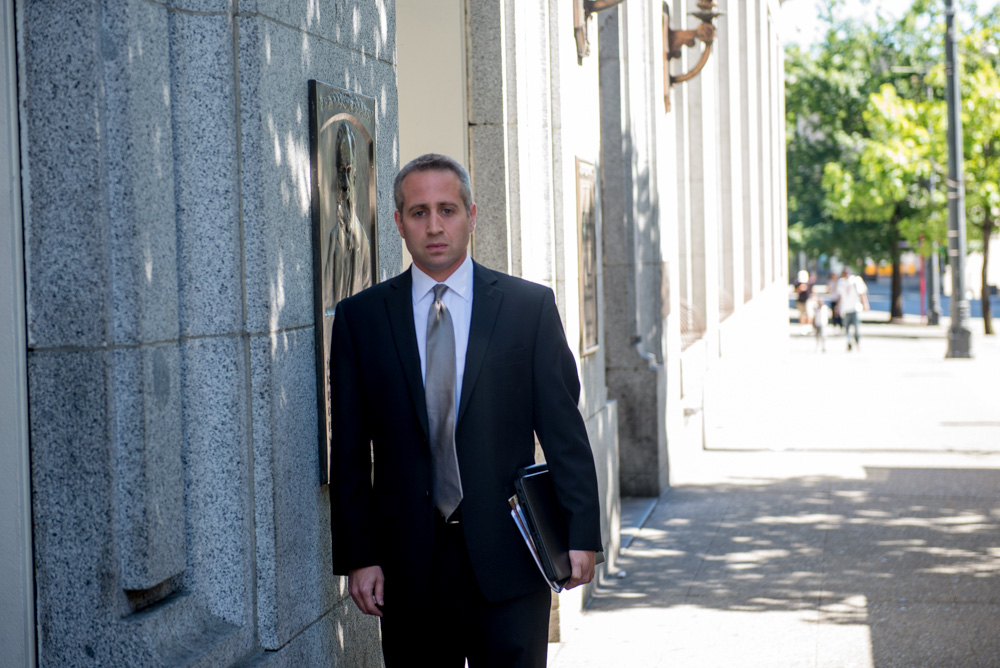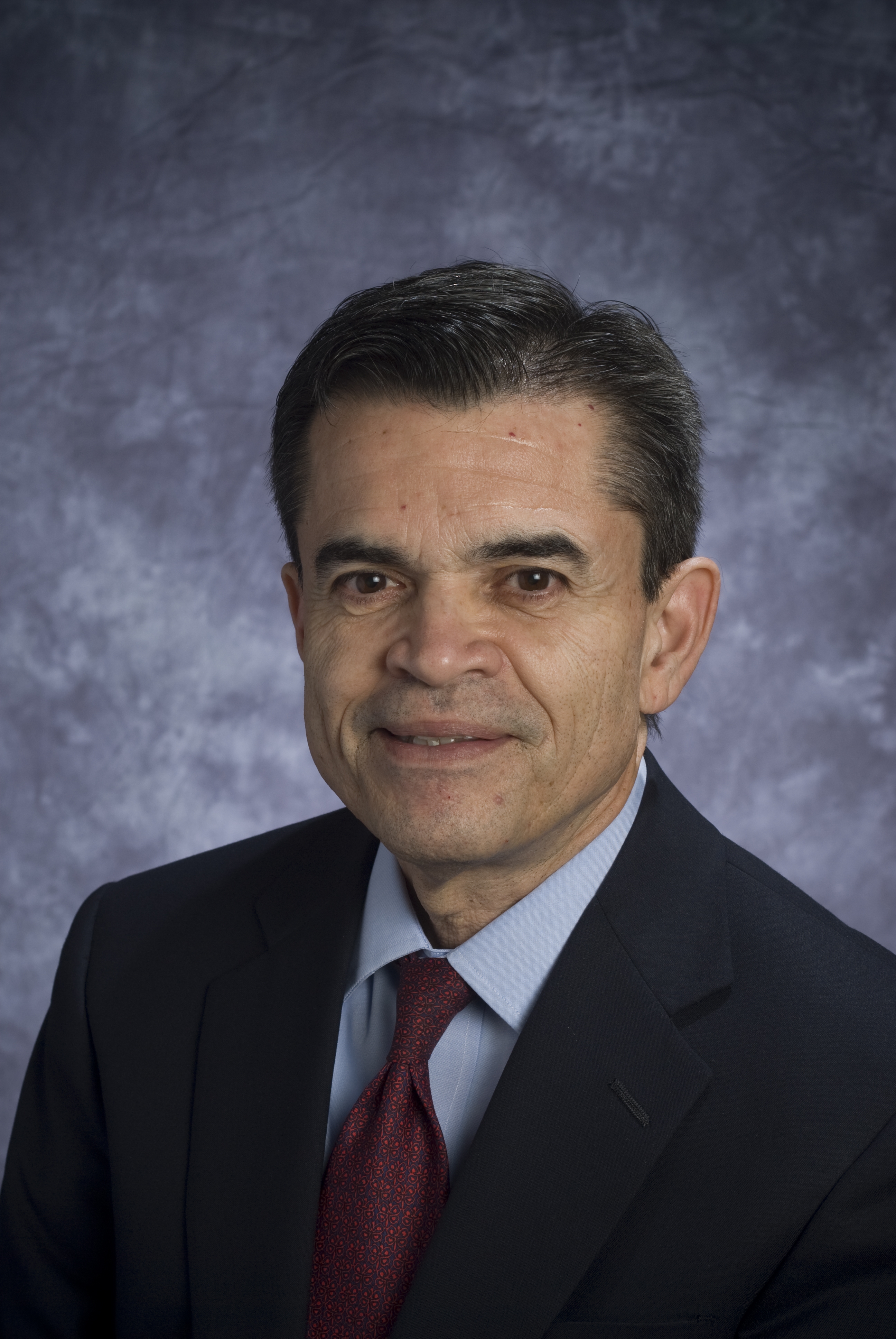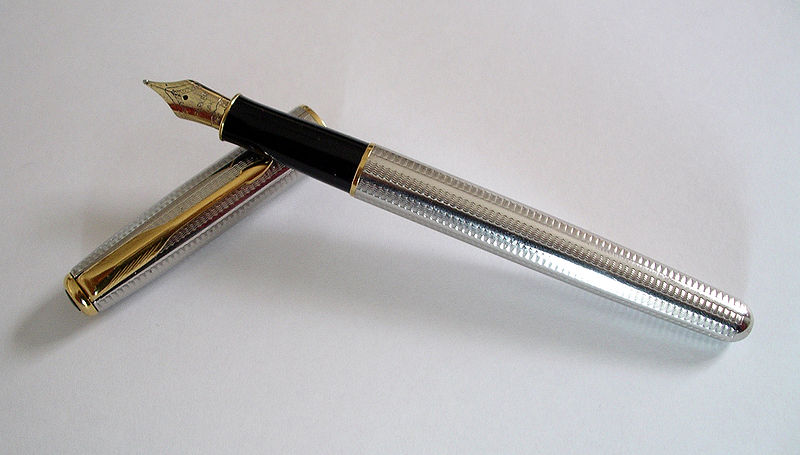Incarcerated? Politically motivated? Talk to this guy.Notoriously liberal though it might be, would the 9th Circuit Court overturn its own appeals court’s decision to grant felons the right to vote? Ryan Haygood doesn’t think so. Haygood, NAACP Legal Defense Fund attorney and member of the the plaintiffs’ legal team remains confident that the argument for giving felons–even the incarcerated ones–voting rights is a sound one.Haygood was also part of the team that in 2006 argued a similar case before the 2nd Circuit Court in New York. There he argued that the New York state law that prevents felons from voting is intentionally discriminatory. The court disagreed and the decision is now in appeal. The 2nd Circuit is, perception-wise anyway, much less liberal than the 9th. University of Washington Law Professor Steve Calandrillo won’t speculate on whether the appeals court’s decision will eventually be overturned. But, he says, the more controversial the case, the better shot it has of being reversed. Calandrillo, a one time law clerk at the 9th Circuit, says that there’s a simple explanation for the oft-pointed out fact that the circuit that spans from California to the Pacific Northwest leads the pack in rulings that are eventually overturned by the Supreme Court. The 9th Circuit is the largest in the country, and therefore has more cases appear before the Supreme Court , he says. “Percentage-wise,” says Calandrillo, “It’s on par with other circuits.”Haygood is hoping that holds true. But what makes yesterday’s decision extraordinary, he says, is that it sets a precedent that could hold implications for this case, and others. According to Haygood, in finding that there is racial discrimination–purposeful or not–in Washington’s criminal justice system, the court opined that in states where racial bias in the criminal justice system can be established, the Voting Rights Act can be used as a legal basis for repealing laws that prevent felons from voting. Whether courts in other jurisdictions will follow suit is a different story. Still, Haygood believes that the court’s decision, while controversial, will be a good thing for the state of Washington. Awareness of the disparities that exist within the criminal justice system is sure to increase, he says. And while it may not lead to sweeping changes, it will at least “shine a light on who enters the system, what happens to them when they get there, and what the collateral affects of entering are.”
More Stories From This Author
New state legislation fights catalytic converter theft
Governor Jay Inslee signed a bill on March 26 adding new regulations to the purchase and sale of catalytic converters…
By
Benjamin Leung • April 8, 2024 1:55 pm
Kirkland officer steps down following investigation into bikini barista incident
A Kirkland police officer accused of exhibiting odd behavior toward bikini barista employees while using a city-owned vehicle has resigned…
By
Cameron Sires • April 5, 2024 10:09 pm
KC Sheriff’s Office sues over Burien encampment ban
Office of Law Enforcement Oversight director calls Burien’s ordinance “unconstitutional.”
By
Cameron Sheppard • March 18, 2024 12:32 pm







